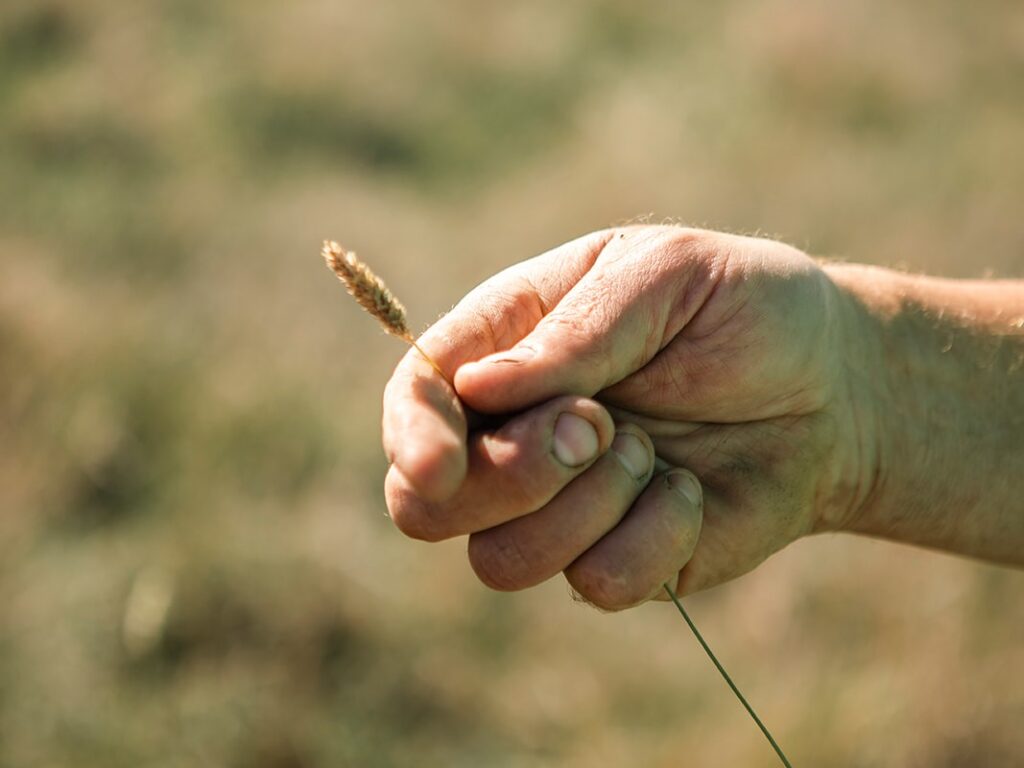Pasture rehabilitation opens up soil carbon farming opportunities at Wards Mistake Station
After many years of widespread superphosphate application on Wards Mistake Station east of Guyra, NSW, a pasture and soil health rehabilitation process led the owner, Andrew Munro, to undertake a soil carbon project that created dual benefits – the improvement of overall soil, pasture and production efficiency, but also large-scale carbon sequestration across the 7,500-acre property.
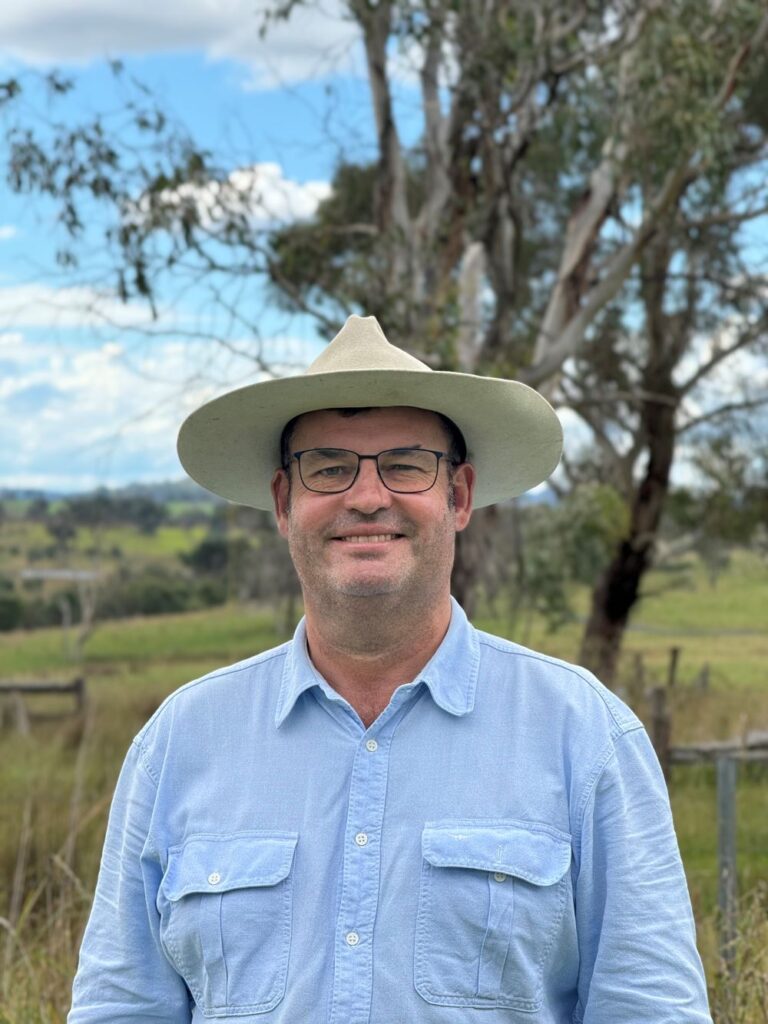
While improvement of soil health and pasture production was the initial driver of Andrew Munro, owner of Wards Mistake Station east of Guyra to reach out to Precision Pastures for agronomy advice, the establishment of a large-scale soil carbon project has become a significant focus for the sheep and cattle enterprise.
Andrew explains the move towards soil carbon project was a long time in the making, as it initially came about through his keenness to rehabilitate his land.
“We came to realise that the local landscape had been flogged with too much super under previous ownership which we saw led to very acidic, distressed soil, so we set about resting the property and saw it rejuvenate,” Andrew says.
“I am an engineer by trade and work in and analysis, therefore I am a very data-driven person, so what I liked about Precision Pastures was their advice was all evidence-based. We did a large number of sample collections, looked at the additives to repair the soil, but we now have the twin benefit of the soil carbon project and future opportunities in the carbon market.”
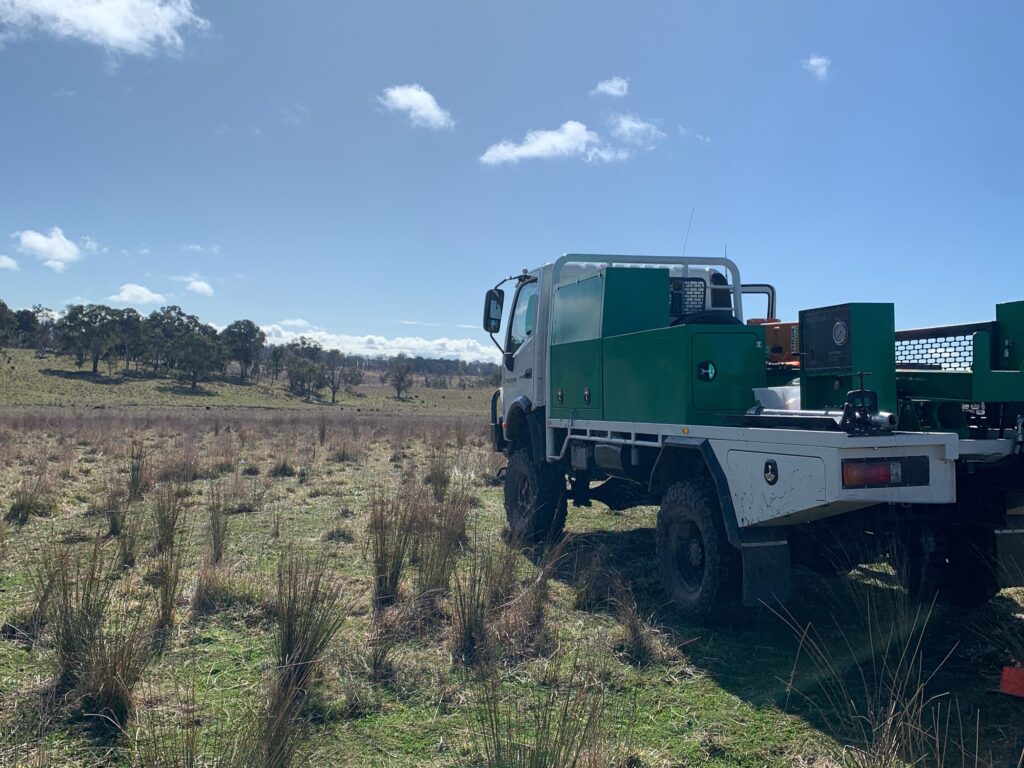
Andrew notes that one other side effect of “over-supering” was that it created an impermeable layer of about six inches deep where plant roots went sideways.
“This put constraints on pasture growth but if you broke it down with lime, we could get the roots growing deeper and plant growth was promoted,” he says.
“That also had the effect of trapping, potentially, large amounts of carbon in the root systems. I was naturally interested in this. If you start storing carbon in dirt the sequestration is potentially colossal at Wards Mistake across some 7,000 acres multiplied by cubic meters. The potential to store a lot of carbon here became mathematically clear.”
Andrew believes that should the soil carbon project at Wards Mistake go really well over the 25-year permanence period, a significant amount of carbon dioxide will be sequestered and we will make a significant solution to address this global problem concerning emissions.
“To make a dent in it we need to do something huge, I think, so the soil sequestration can really achieve something significant, even in my own little patch, on an Australian scale it will make a big difference,” he says.
Keen to research the opportunity before committing, Andrew began doing his homework.
“I spoke to a bunch of different outfits including CSIRO and met with other farmers and operators who had already started on the path, such as the Wilmot Cattle Company. We did more and more research on it and eventually concluded that there was a significant carbon sequestration opportunity on our land. The ACCU market was beginning to form at that point, so a while later I registered myself with the Clean Energy Regulator in early 2024.”
Andrew considers his soil carbon project as “synergistic” with his commercial farming objectives. “We will continue to run livestock, but we can also now look at selling units of carbon,” he says.
“By improving the soil condition and applying liquid humus, we’re promoting more root growth down, then we increase plant growth, run more livestock, sequester more carbon, and so on. All of this is very complementary.”
Through his extensive research of the carbon farming industry, Andrew observed that many of the carbon farming schemes out there constrain the way a farmer can manage the farm.
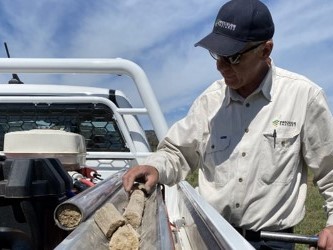
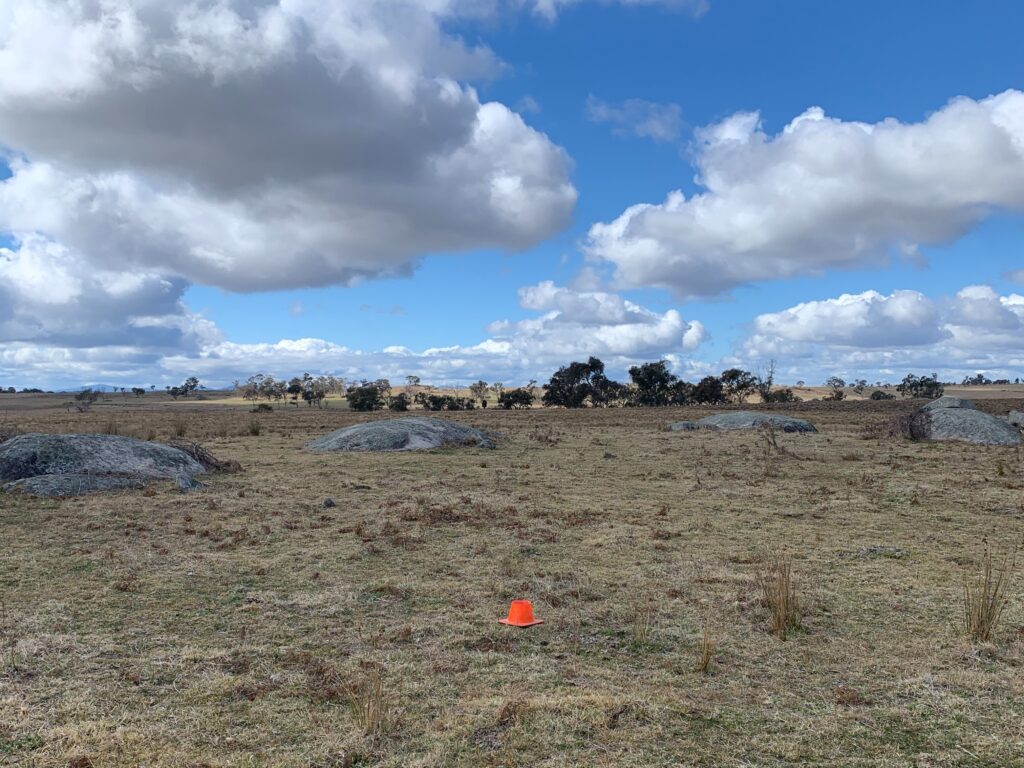
“The soil carbon methodology means you only get paid for the results you can measure, through proper testing, and there is no long-term risk with a ‘straight jacket’ being applied to your business, by locking land away for example. But, equally if you don’t sequester the carbon, you don’t get any money for it,” he says.
“The main asset is a big cattle station and I didn’t want to jepoardise that and that was a top priority. I have heard about caveats not to clear but I would never agree to that, nor would I give anyone the rights to sell the carbon we sequester.”
Andrew chose to register the project with the Clean Energy Regulator himself, a path more and more farmers are considering, versus contracting with a carbon project developer for assistance. He has elected to engage Precision Pastures on a Pay-As-You-Go (PAYG) model, seeking the knowledge, administrative, and soil testing services he requires as the project goes forward.
“My advice is to certainly consult an expert like Precision Pastures. I thought the evidence-based approach they brought to the project was excellent, the advice was high value, and the way the commercial model worked as a PAYG approach meant I didn’t have to pre-sell or limit my options when marketing the carbon,” Andew says.
“I basically look at it like I am engaging a licensed surveyor or certified accountant for services to my business as required.”
Precision Pastures offers a soil carbon Pay-As-You-Go service under a zero-contract and zero-commission model. To enquire about this or any other soil, pasture or carbon services, contact Precision Pastures on 1300 107 066 or www.precisionpastures.com.au.
